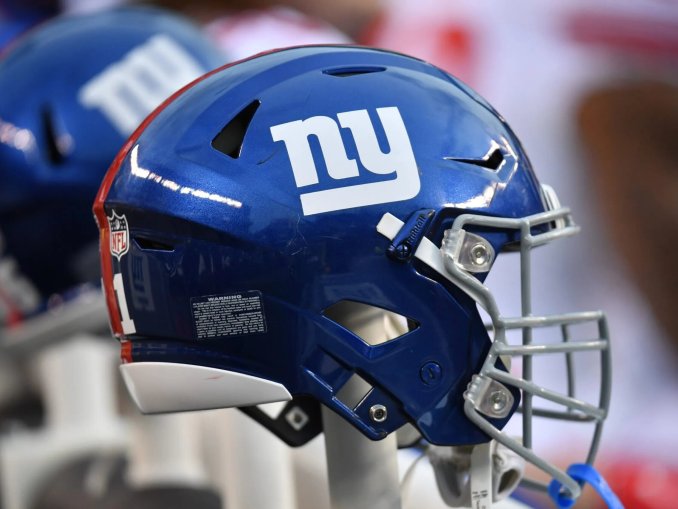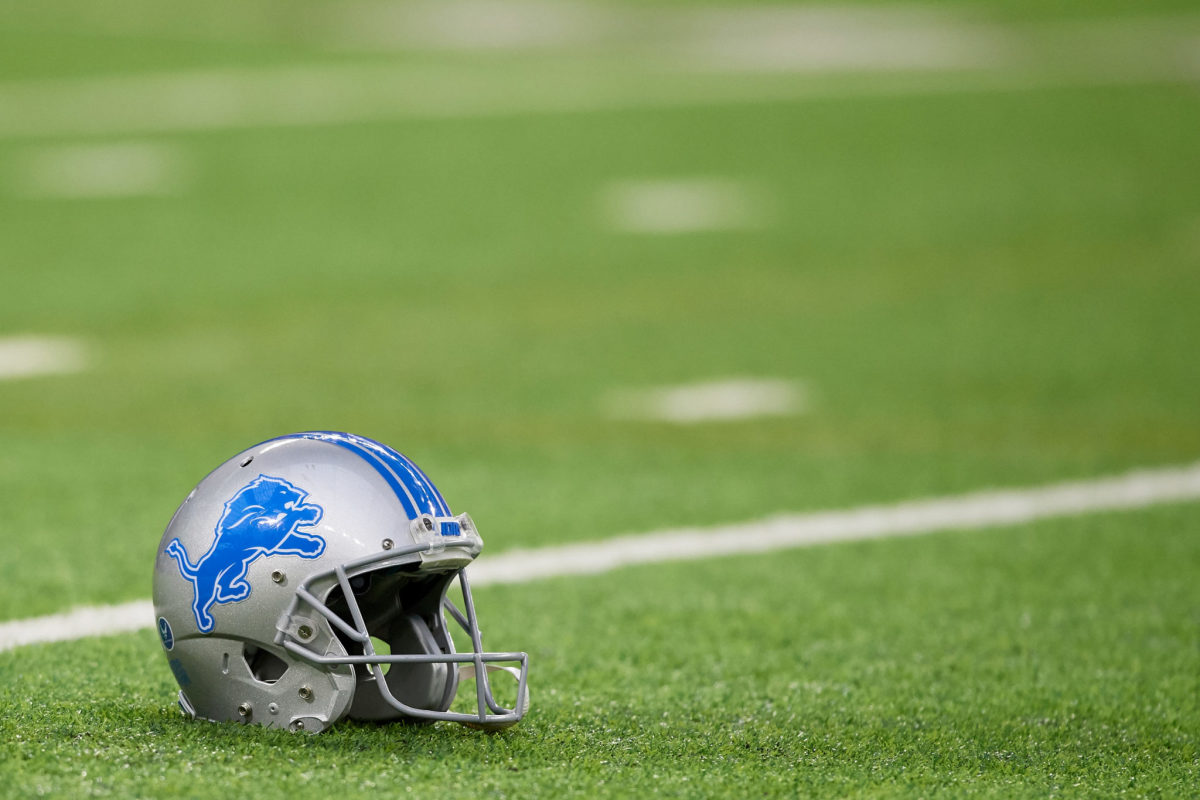For more than a half-century, the Brooklyn Dodgers and New York Giants were two of baseball’s leading lights.
They had the beautiful ballparks, the winning pedigree, the stars past and present.
More importantly, though, they both had that ineffable quality that elevates a team into something more, an unofficial civic institution:
The Giants’ home, the Polo Grounds, was the very essence of Manhattan, and no matter what anyone else had — or how many times they fell just short — Brooklyn always had Dem Bums.
Then, on May 28, 1957, MLB owners unanimously voted to allow both teams to up and leave the Big Apple for California. You may already know that part; all these years later, it still stings for some (just ask the next elderly guy you see at a Mets game). But just how did this happen? How did two teams seemingly so synonymous with a specific place and people wind up 3,000 miles away? How did baseball history get so thoroughly turned on its head?
For a while, it looked as though the Giants might lay claim to the title of Team of the 20th Century.
Led by bombastic manager and literal vaudeville star John McGraw (not to mention studs like pitcher Christy Mathewson), New York won the pennant nine times from 1905 to 1924, winning three World Series.
The Polo Grounds was the envy of the entire league, a 55,000-seat cathedral seated squarely amid the glamour of upper Manhattan.
But baseball is a fickle game, and soon enough the franchise’s fortunes changed. Roster mismanagement led to on-field struggles — at no point in the 1940s did the team finish better than third in the National League — and on-field struggles led to a drastic dip in attendance: While more than 1.5 million fans packed the Polo Grounds each year at its peak, by 1957 that number had dropped to just 654,000. Faced with declining revenue, more and more New Yorkers moving to the outer boroughs, city officials looking to claim the land for public housing and a crumbling park that hadn’t been renovated in decades, owner Horace Stoneham began to look elsewhere — out of “sheer economic necessity,” as team executive Charles “Chub” Feeney put it.



